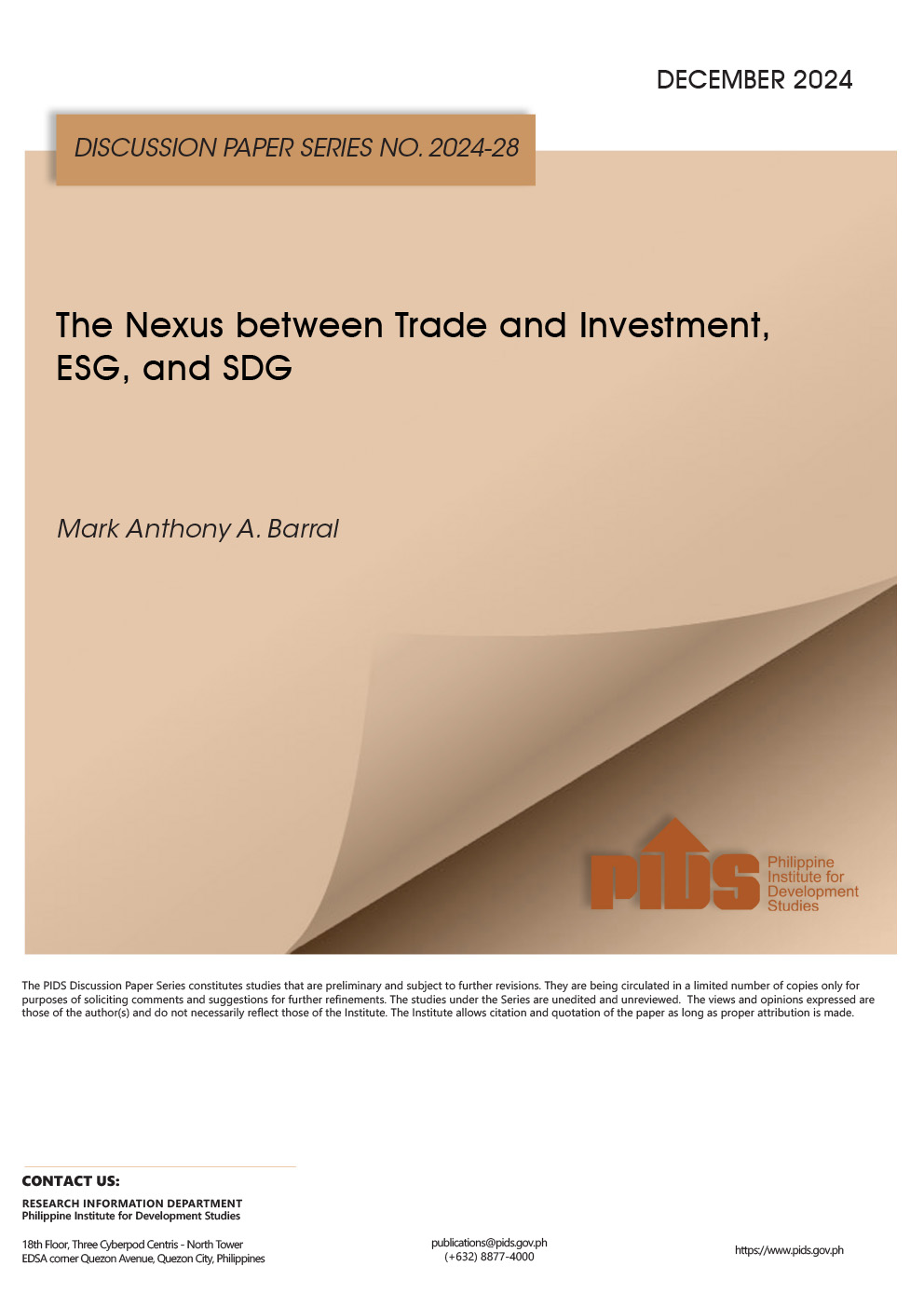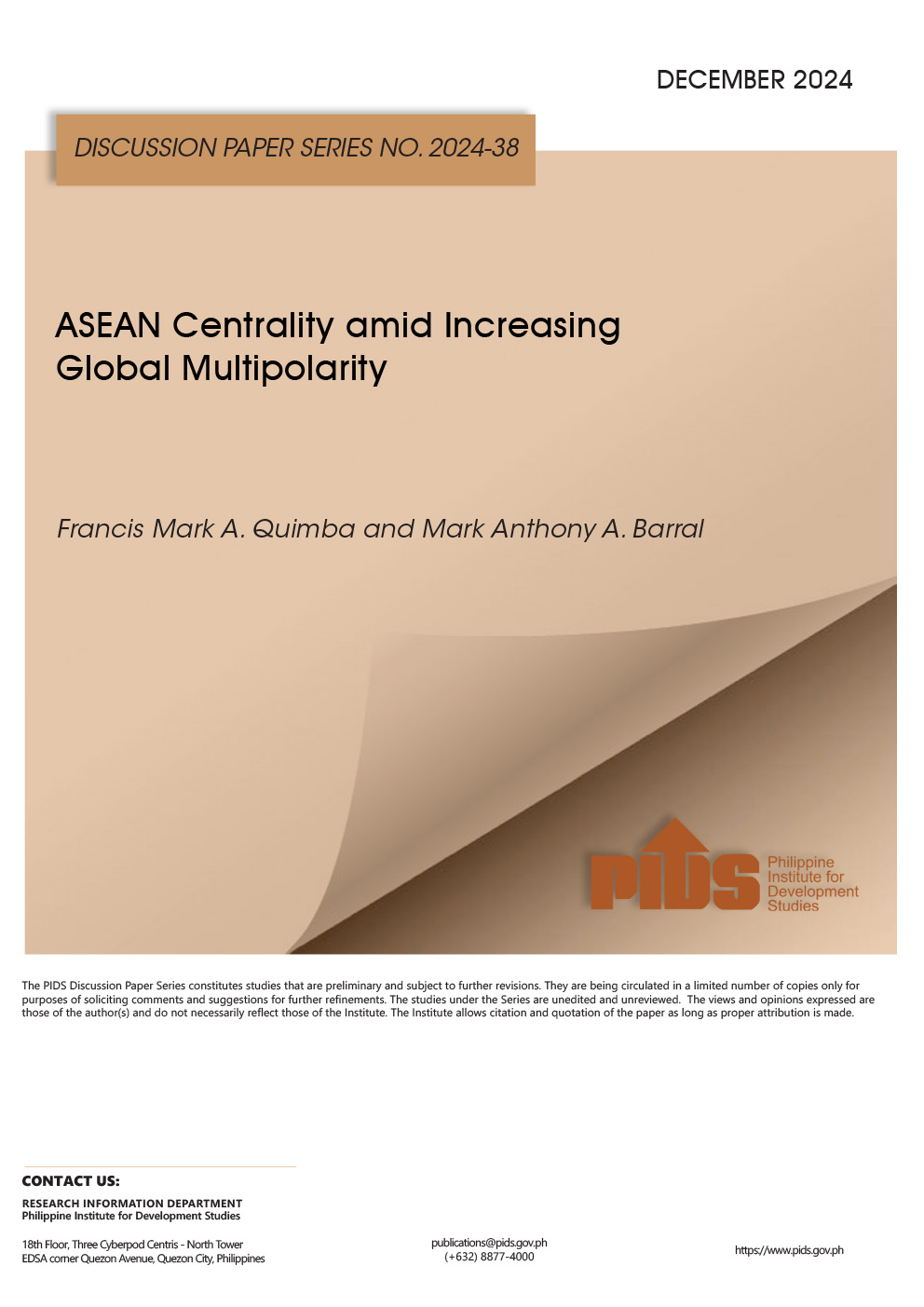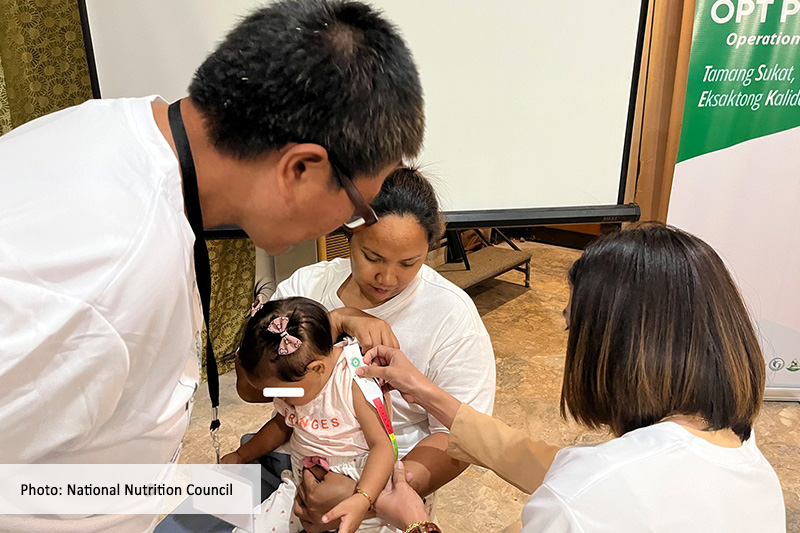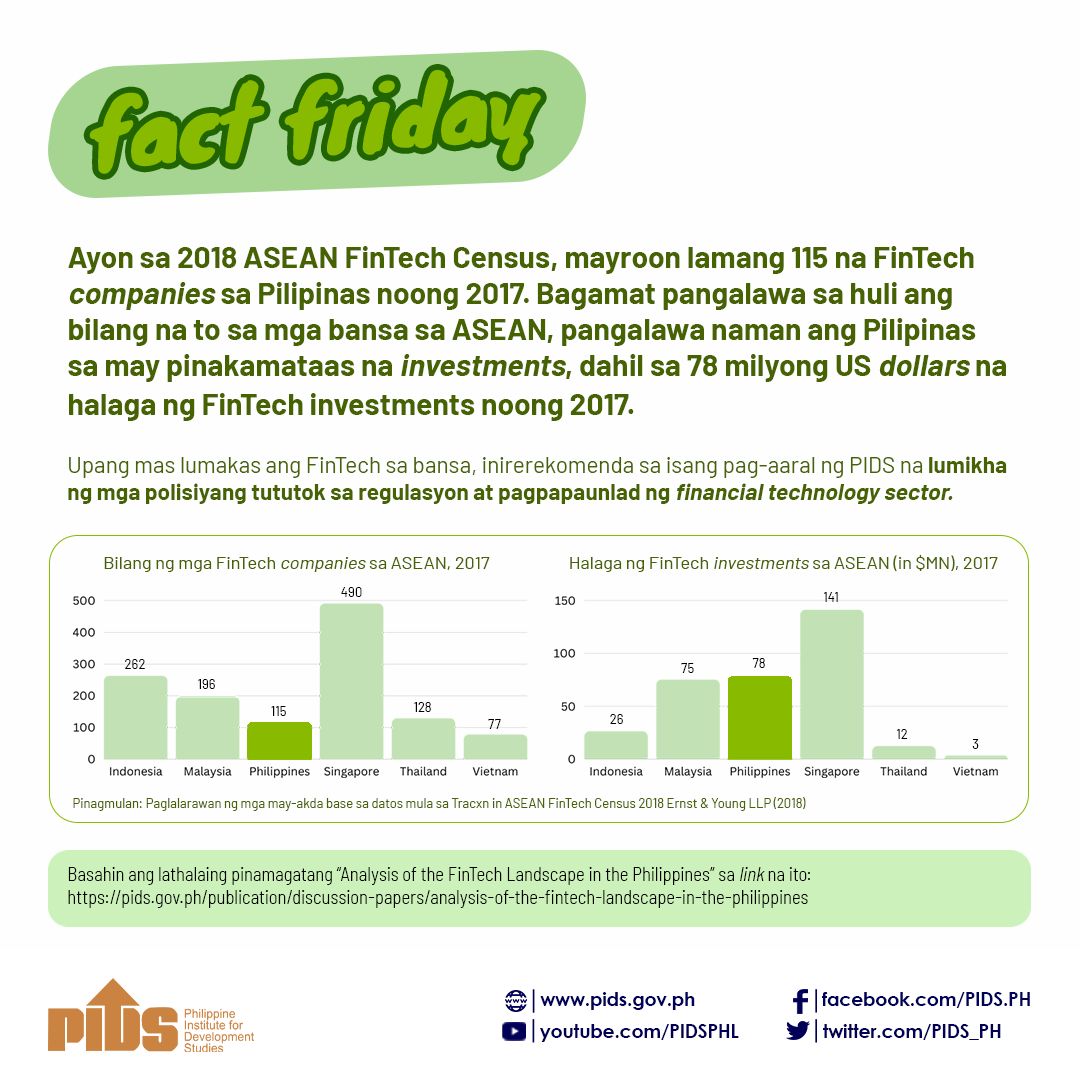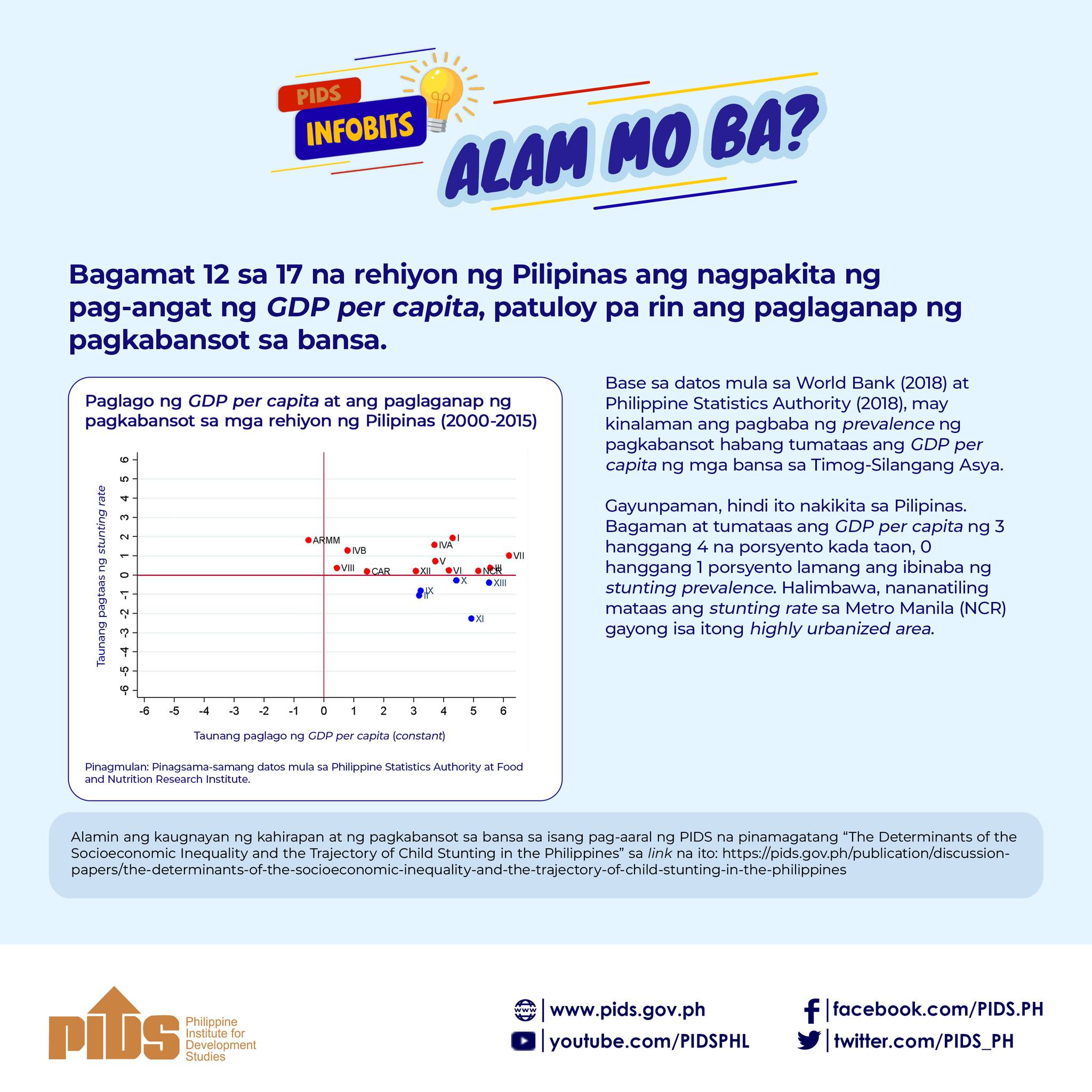The Philippines’ high-value and herbal products should be making headway in export markets within the ASEAN region now that integration is finally happening, especially because these commodities already conform to the regional standards.
This was highlighted by Roehlano Briones, Senior Research Fellow of Philippine Institute for Developmental Studies (PIDS), during an ASEAN Economic Community 2016 forum on updates, challenges, and opportunities on food security.
Briones said that the Philippines should support high-value exports in taking advantage of essentially free trade in agricultural goods within ASEAN.
He even encouraged farmer leaders across the country to give urgent attention in bringing the rest of the agricultural sector back on track.
“We must take advantage of the increase market access in ASEAN on the export side for us not to miss of the opportunity,” Briones said.
“AEC is not a threat to be managed but an opportunity to be seized by the Filipino farmers,” he added.
Based on Trademap, the Philippines have reduced its agricultural exports to the ASEAN economies with 14.5 percent in 2005 to 9.7 percent in 2015.
These include exports on animal, vegetable fats and oils, cleavage products, edible fruits, nuts, peel of citrus fruits, fish, other meats and seafood.
He said that industry roadmaps were an important mechanism for developing public-private sector alliances essential for improving competitiveness and AEC as an impetus for reforms and investments.
This was highlighted by Roehlano Briones, Senior Research Fellow of Philippine Institute for Developmental Studies (PIDS), during an ASEAN Economic Community 2016 forum on updates, challenges, and opportunities on food security.
Briones said that the Philippines should support high-value exports in taking advantage of essentially free trade in agricultural goods within ASEAN.
He even encouraged farmer leaders across the country to give urgent attention in bringing the rest of the agricultural sector back on track.
“We must take advantage of the increase market access in ASEAN on the export side for us not to miss of the opportunity,” Briones said.
“AEC is not a threat to be managed but an opportunity to be seized by the Filipino farmers,” he added.
Based on Trademap, the Philippines have reduced its agricultural exports to the ASEAN economies with 14.5 percent in 2005 to 9.7 percent in 2015.
These include exports on animal, vegetable fats and oils, cleavage products, edible fruits, nuts, peel of citrus fruits, fish, other meats and seafood.
He said that industry roadmaps were an important mechanism for developing public-private sector alliances essential for improving competitiveness and AEC as an impetus for reforms and investments.

